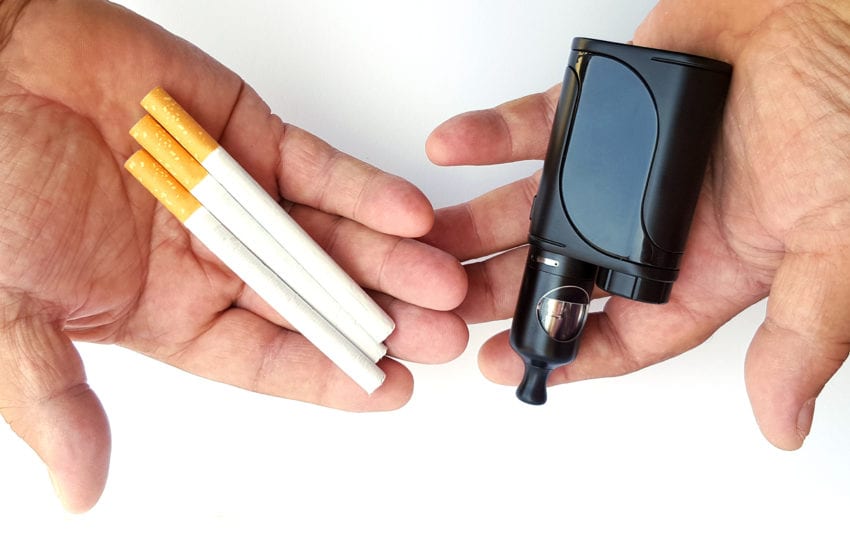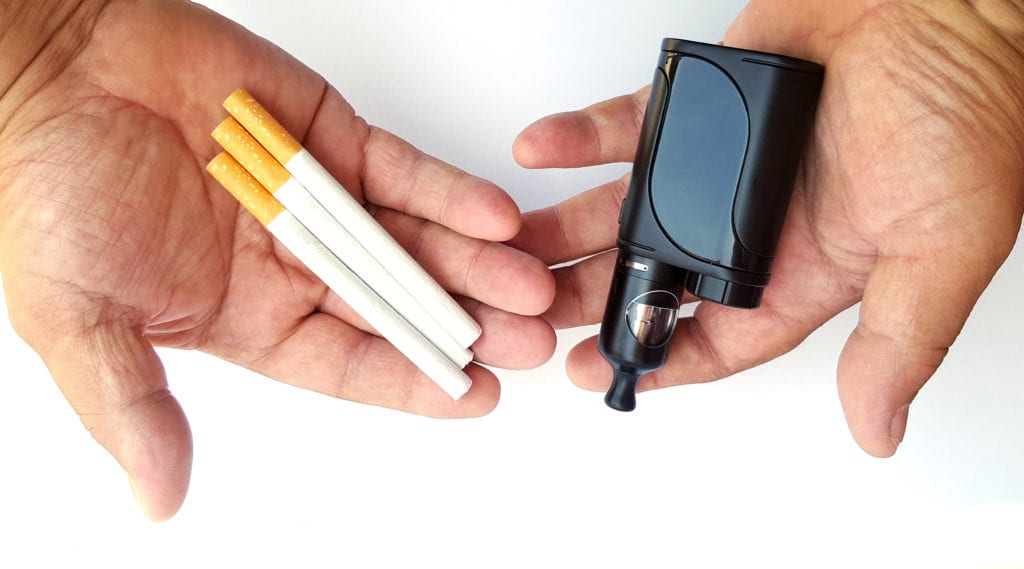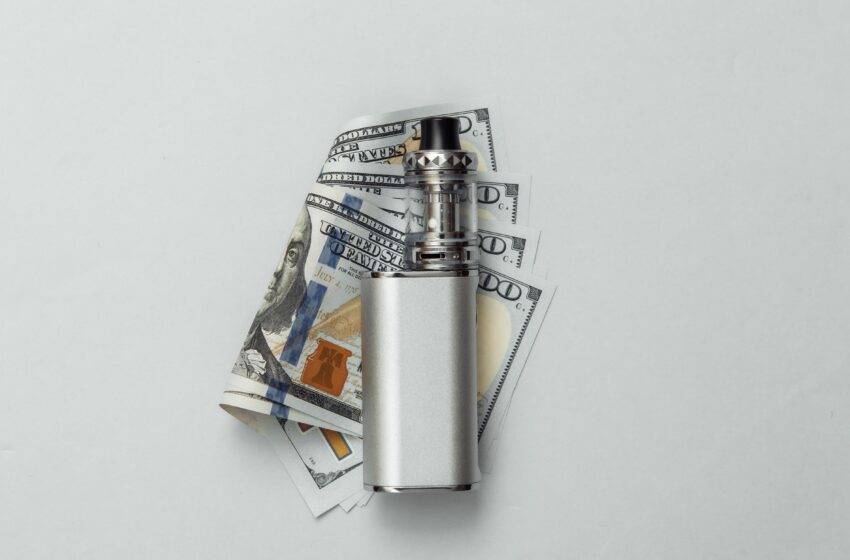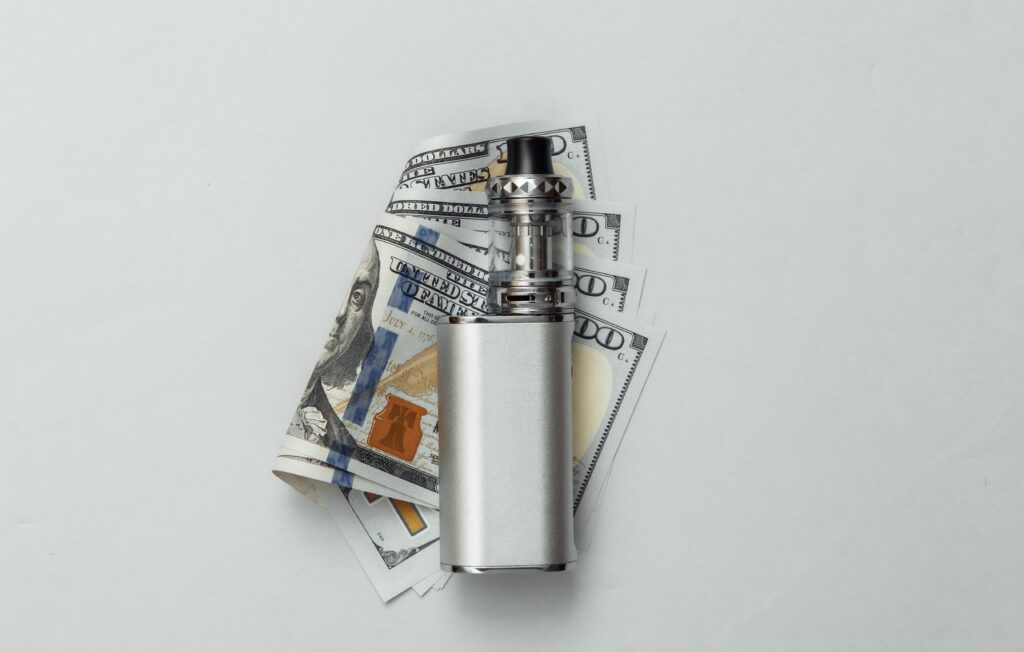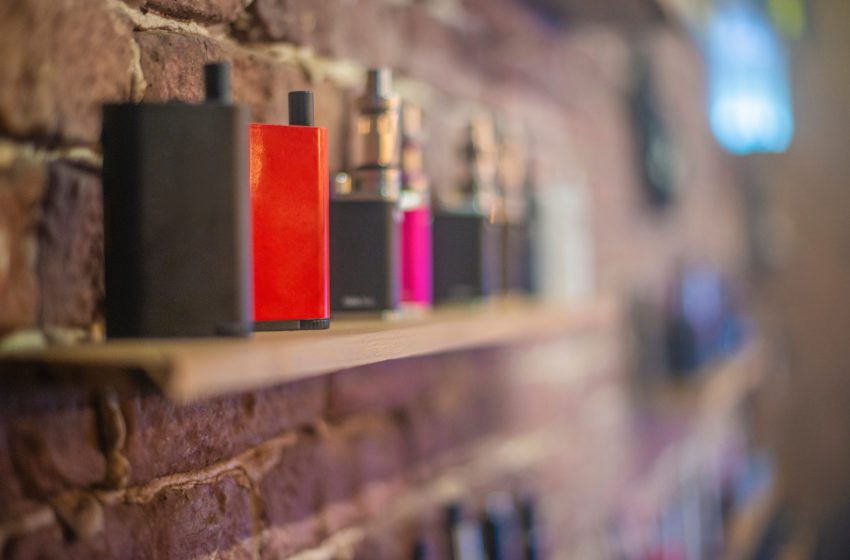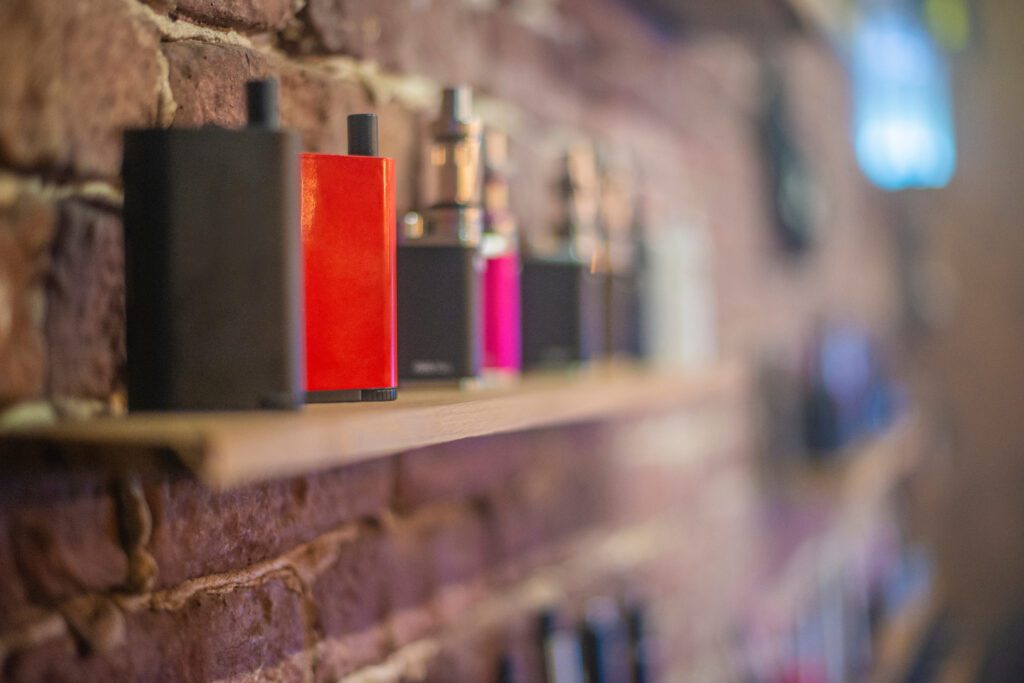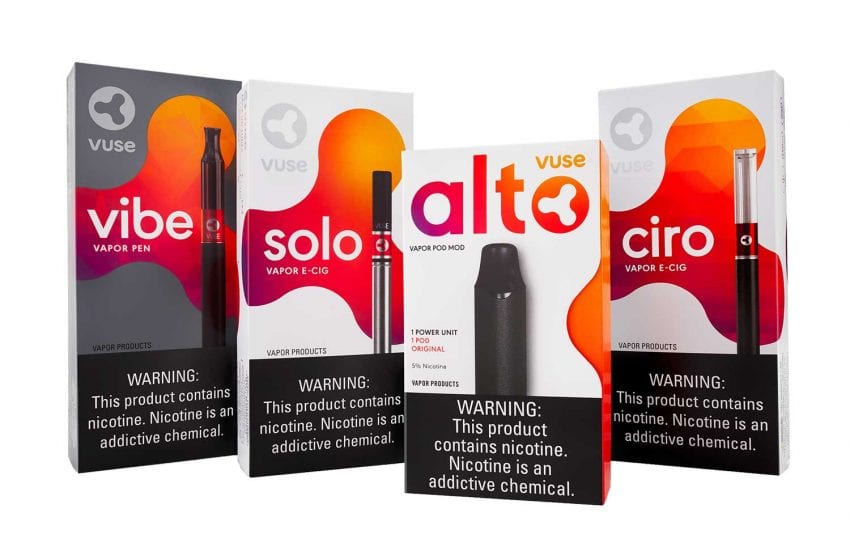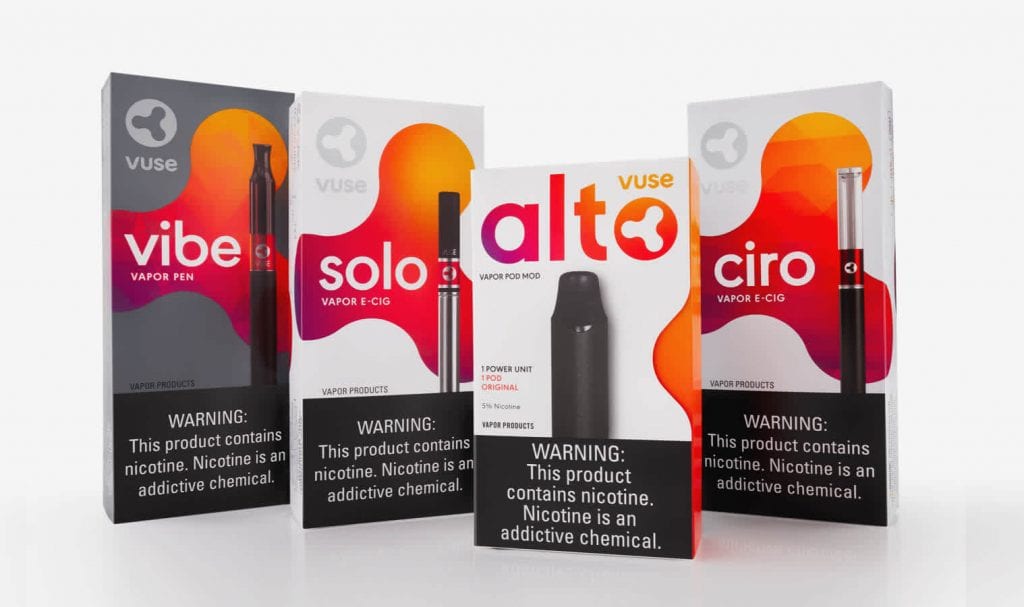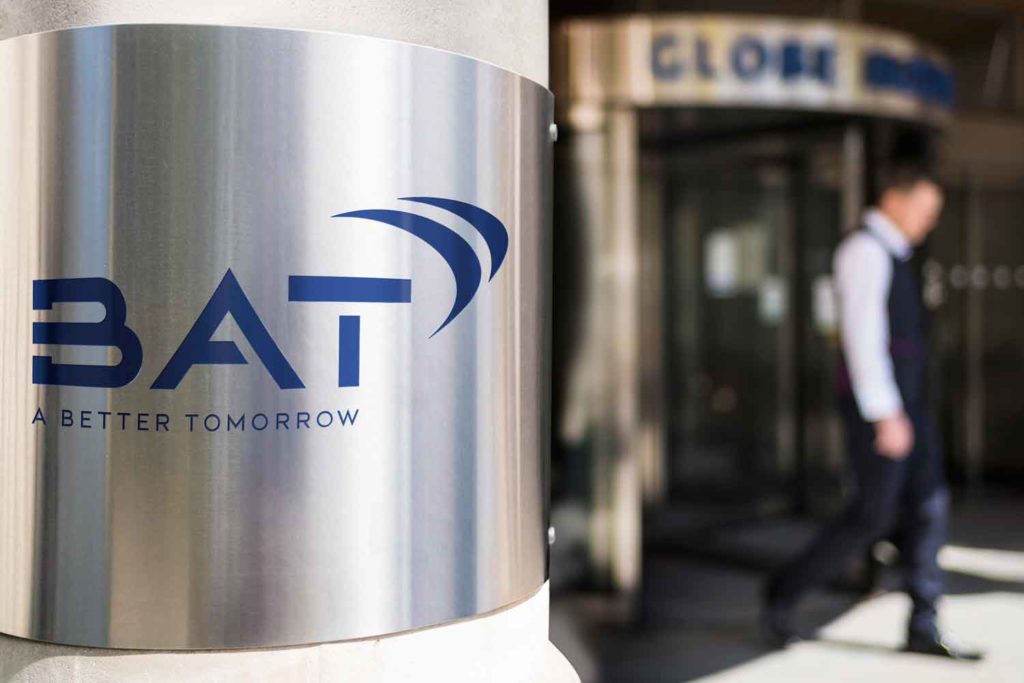
The U.K. prime minister, Rishi Sunak, wants to raise the legal age for consuming cigarettes, gradually increasing it one year at a time until the next generation is no longer legally allowed to purchase the products, reports Bloomberg.
According to Sunak, the move would make it so that “a 14-year-old today would never legally be sold a cigarette.” Sunak spoke on the age increase at a Conservative Party conference in Manchester Wednesday, where plans to restrict availability of vapes and look at packaging and flavors of vapor products were also discussed.
Simon Clark, director of smokers’ rights group Forest, responded to the move, saying, “These are desperate measures by a desperate prime minister.
“Raising the age of sale of tobacco is creeping prohibition, but it won’t stop young people smoking because prohibition doesn’t work. Anyone who wants to smoke will buy tobacco abroad or from illicit sources.
“This is the opposite of leveling up; it’s dumbing down. Future generations of adults who are considered old enough to vote, pay taxes, drive a car and drink alcohol are going to be treated like children and denied the right to buy a product that can be purchased legally by people a year older than them.
“This is now a conservative government in name only because the prime minister has just taken a wrecking ball to the principles of choice and personal responsibility,” Clark said.




